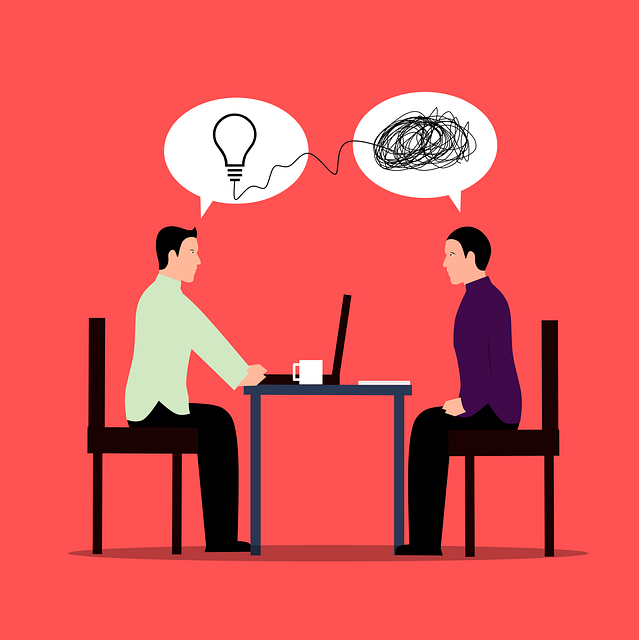
Social Media and Mental Health: Balancing Connectivity and Well-Being
Social media has become an integral part of our lives, transforming the way we connect, communicate, and consume information. While these platforms offer numerous benefits, they also pose challenges to our mental health. This article delves into the intricate relationship between social media and mental well-being, providing insights and strategies to achieve a harmonious balance.
Navigate the intricate relationship between social media and mental health with insights from Crescitaly, guiding you towards a balanced and healthy digital lifestyle.
The Impact of Social Media on Mental Health
1. The Allure of Social Media
The allure of social media is undeniable. With the ability to connect with friends and family, access news, and share personal experiences, these platforms have revolutionized communication. However, the constant stream of content and notifications can be overwhelming, leading to anxiety and stress.
2. Social Comparison and Self-Esteem
One of the critical aspects affecting mental health is the tendency to compare ourselves to others on social media. People often post curated versions of their lives, showcasing their achievements, travels, and seemingly perfect moments. This can lead to feelings of inadequacy and lower self-esteem.
3. Fear of Missing Out (FOMO)
FOMO is a prevalent phenomenon in the digital age. The fear of missing out on exciting events or experiences shared by others can cause anxiety and a sense of exclusion, even if the reality is different.
4. Cyberbullying and Harassment
Online harassment and cyberbullying have become rampant on social media platforms. Being a victim of such behavior can take a severe toll on one's mental health, leading to depression and anxiety.
Strategies for Balancing Connectivity and Well-Being
1. Mindful Social Media Usage
To maintain a healthy relationship with social media, it's essential to practice mindfulness. Set aside specific times for checking your accounts, and avoid mindlessly scrolling through feeds. This can help reduce anxiety and stress associated with constant connectivity.
2. Unfollow Negative Accounts
Take control of your social media experience by unfollowing accounts that consistently make you feel inadequate or anxious. Surround yourself with content that promotes positivity and inspiration.
3. Limit Screen Time
Set daily or weekly limits on your screen time to ensure you have a healthy balance between the digital world and real life. Use this time to engage in activities that nurture your mental and emotional well-being.
4. Connect Offline
While online connections are valuable, it's equally important to nurture your offline relationships. Spending quality time with friends and family in person can provide a sense of belonging and reduce feelings of isolation.
5. Seek Professional Help
If you find that social media is significantly impacting your mental health, don't hesitate to seek professional help. A therapist or counselor can provide guidance and support tailored to your specific needs.
Conclusion
In conclusion, the relationship between social media and mental health is complex. While these platforms offer opportunities for connection and information, they can also contribute to stress, anxiety, and feelings of inadequacy. By adopting mindful usage, unfollowing negative accounts, limiting screen time, nurturing offline relationships, and seeking professional help when needed, individuals can strike a balance between connectivity and well-being in the digital age.
Achieve a harmonious balance between social media use and mental well-being. For further guidance and support, turn to the experts at Crescitaly.